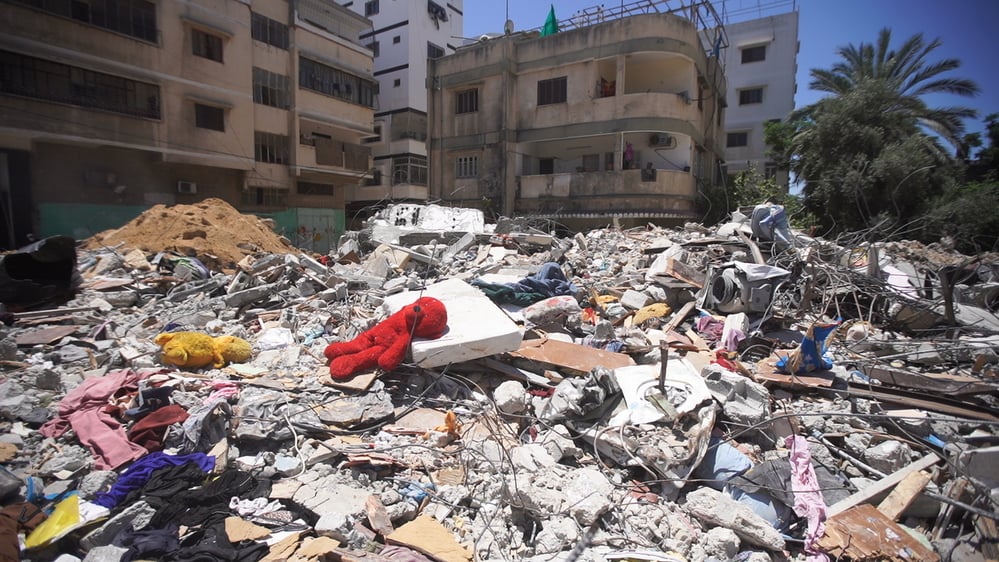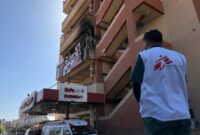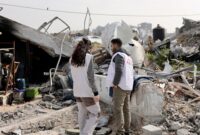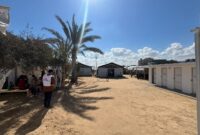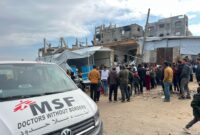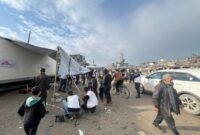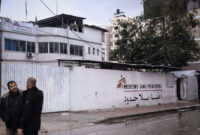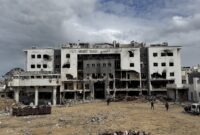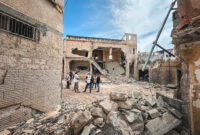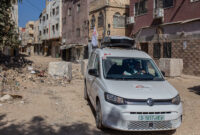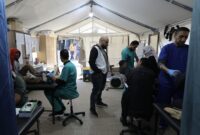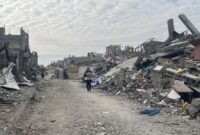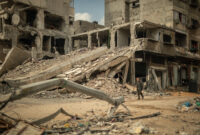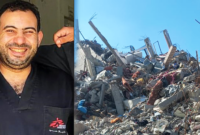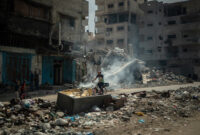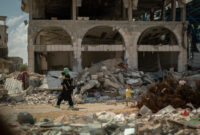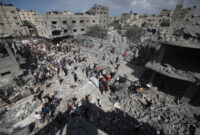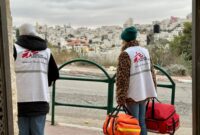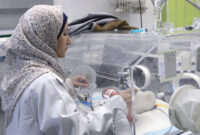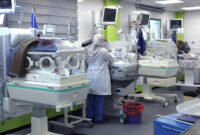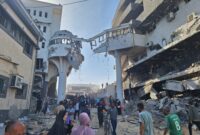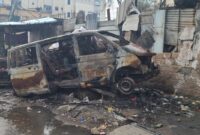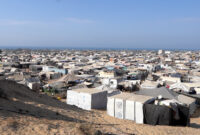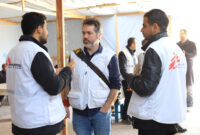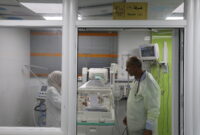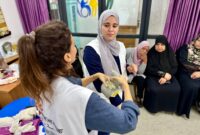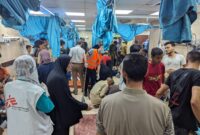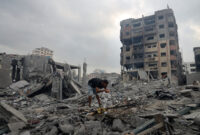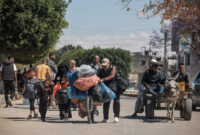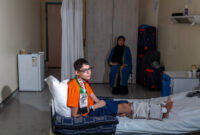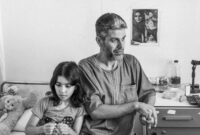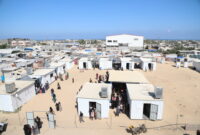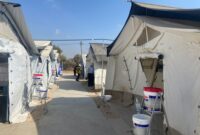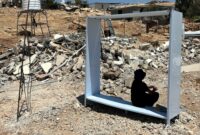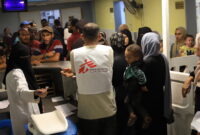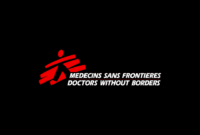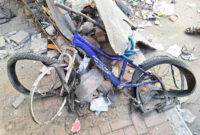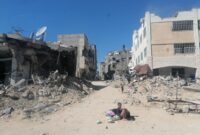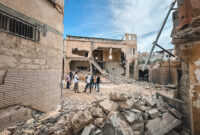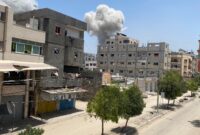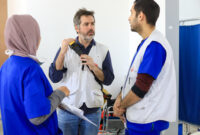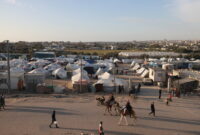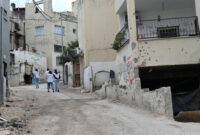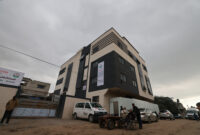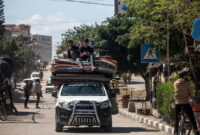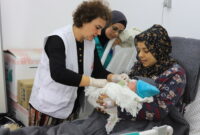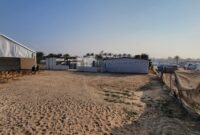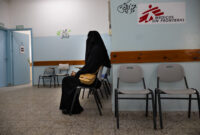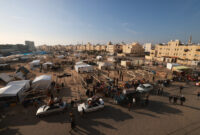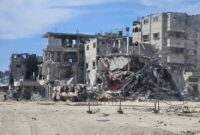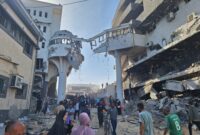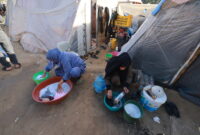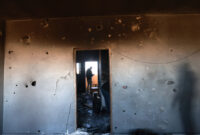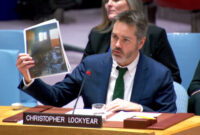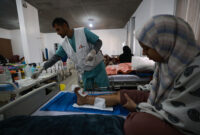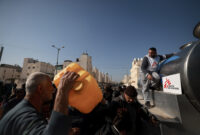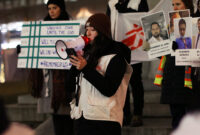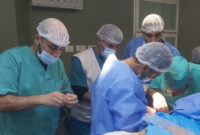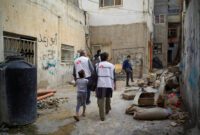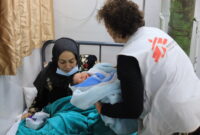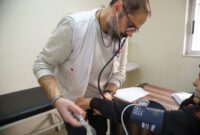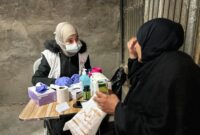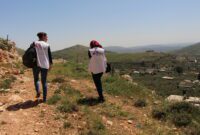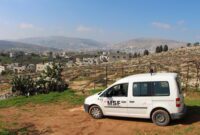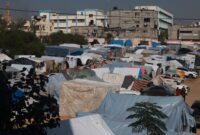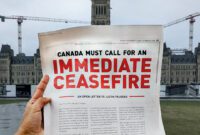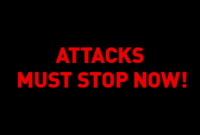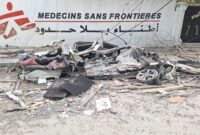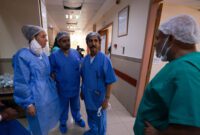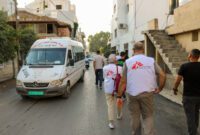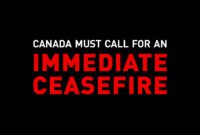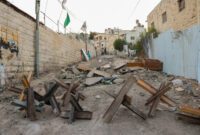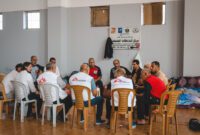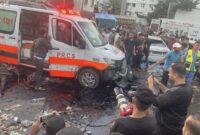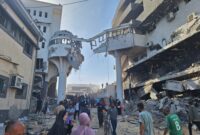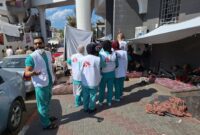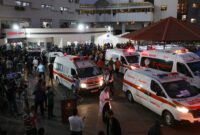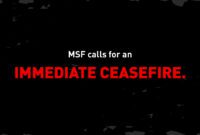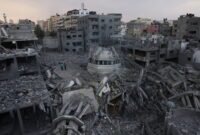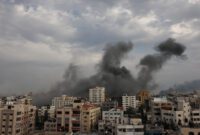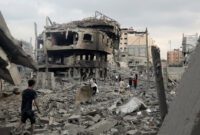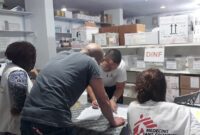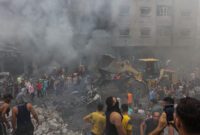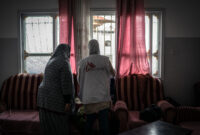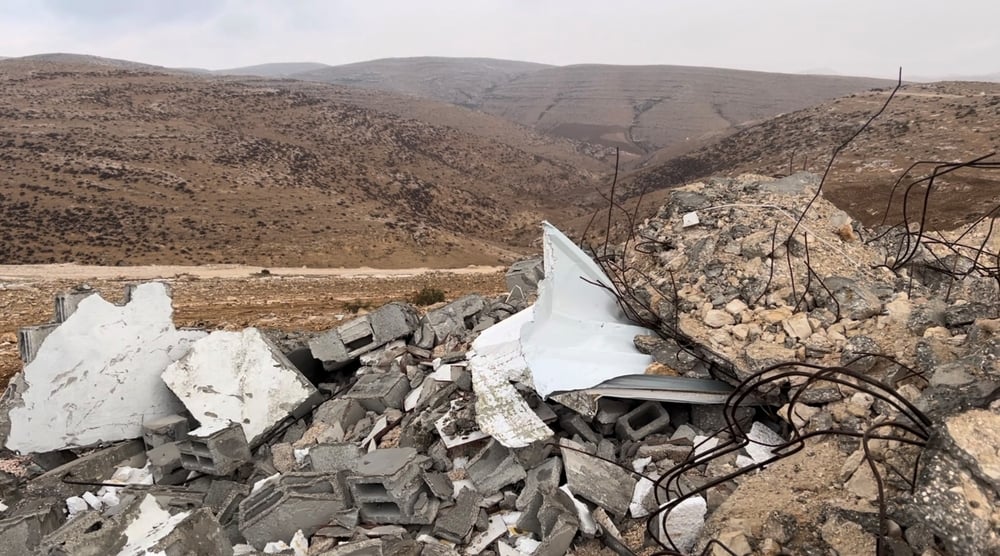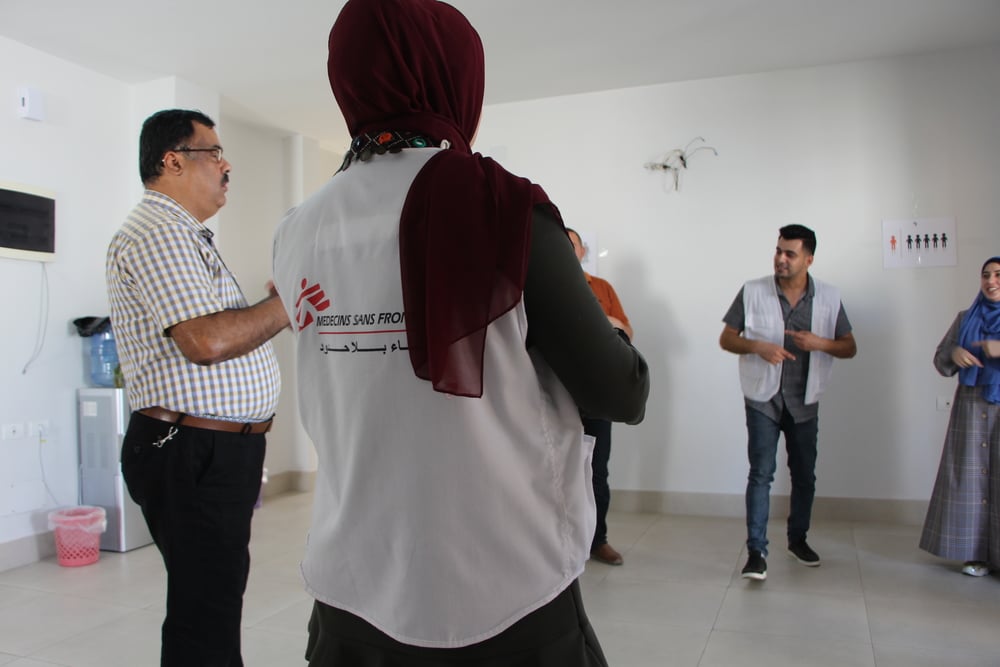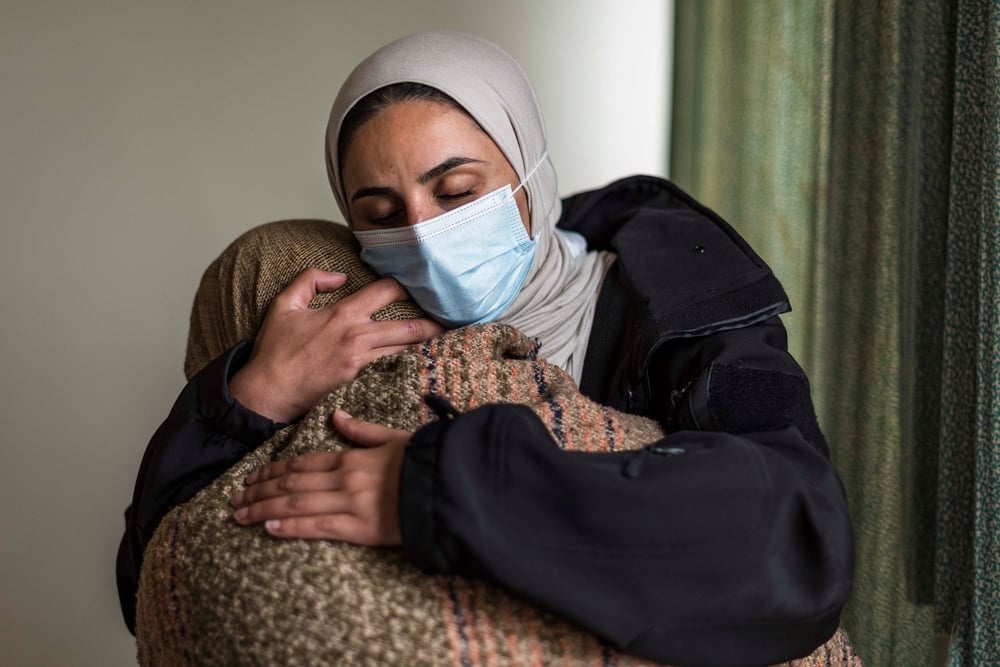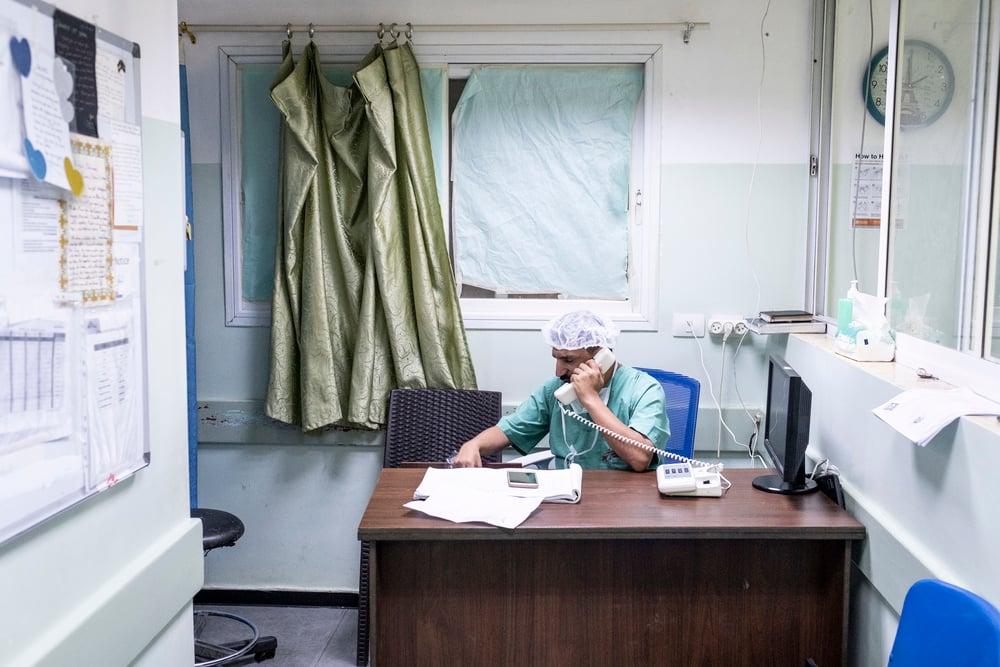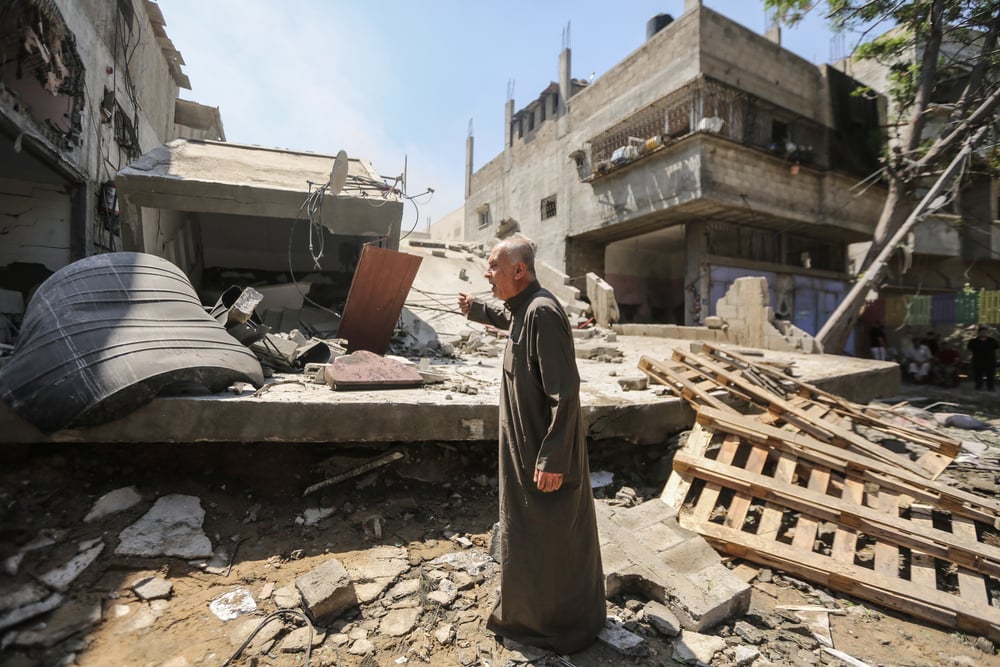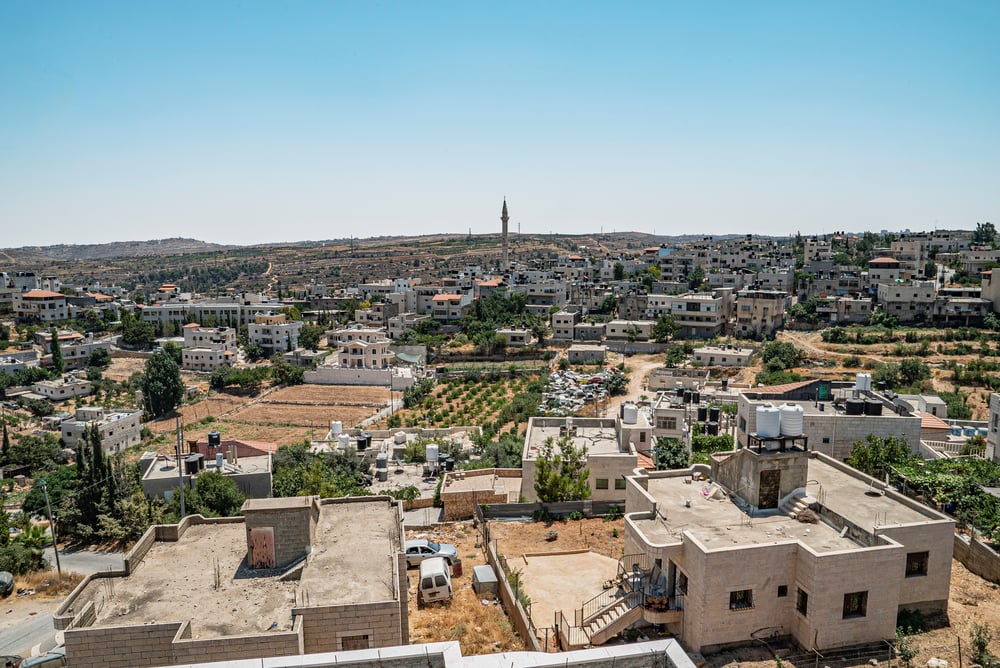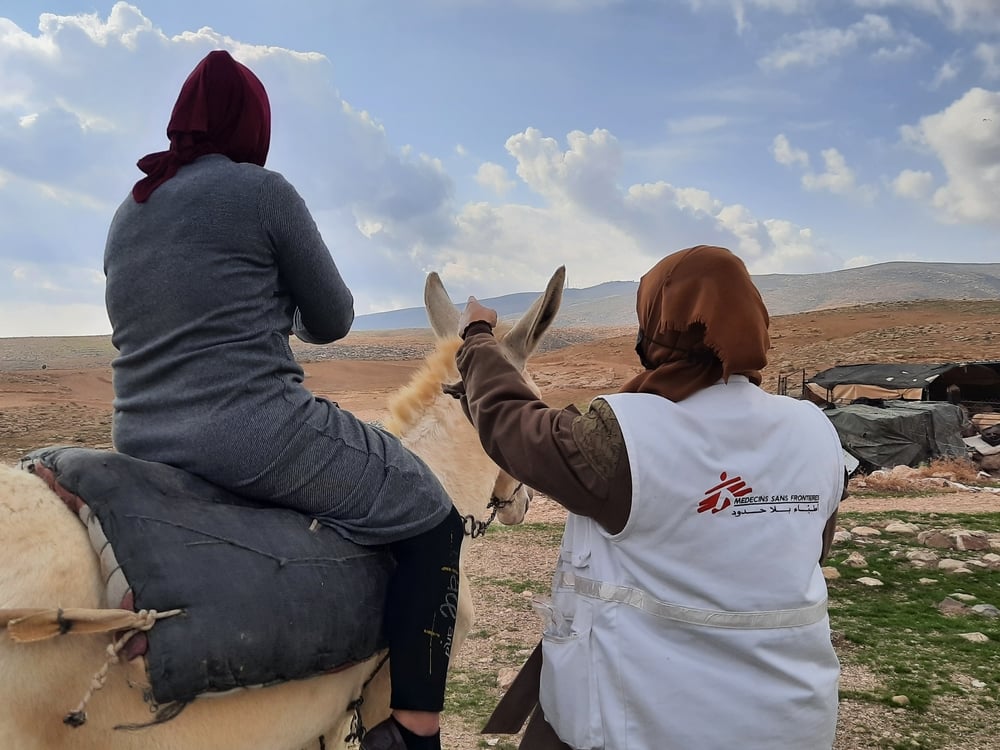Gaza Strip: One year after the bombing, some wounds never heal
A year after Israeli airstrikes and shelling on the Gaza Strip killed 256 people, including 66 children, patients and staff discuss the physical and mental toll they continue to suffer.
One year ago, Doctors Without Borders/Médecins Sans Frontières (MSF) staff entered to provide medical assistance during and after bombings in the Gaza strip. Despite the team’s efforts at the time, the long-term physical and mental repercussions continue to affect survivors of the bombings. MSF interviewed two patients and a staff member who were affected by the airstrikes a year ago.
Beginning on May 10, 2021, Israeli airstrikes and shelling on the Gaza Strip killed 256 people, including 66 children. In just 11 days, around 2000 Palestinians were injured during the bombing. This included over 600 children and 400 women, some of whom sustained injuries resulting in long-term disability such as loss of limbs or eyesight. In Israel, there were 13 deaths and 700 injuries as a result of rockets fired from the Gaza Strip. On May 21, 2021, an Egyptian-brokered ceasefire came into effect and the bombings stopped.
“I was injured on the first day of the bombings,” says Ahmad*, a 41-year-old father, recounting the physical toll he faced on the first day of the bombings. “I was at home when the house was hit. We didn’t know if it was a bomb or if something in the house had exploded. We just heard a massive noise and the house trembled. That’s when I saw my hand hanging from my arm. I had eight different surgeries and my hand was amputated.”
The latest offensive in 2021 has made the mental health crisis in Gaza more acute and made it even harder for people to cope.
“While I was at the hospital, I was fearing for my family,” says Ahmad. “Their mental health was deeply affected, and loud noises still makes my younger two cry. My mother was the one that suffered the most. She had a nervous breakdown, and she is now being cared for by mental health specialists. She still can’t talk about it without going into a panic attack.”
In addition to the mental health trauma survivors face, the fear of economic hardship has become an overwhelming blow for many.
“What hurts the most is that I can’t provide to my family. I was a driver, and I can’t drive without my hand,” says Ahmad. “I was responsible not only for my wife and kids but also for my elderly parents.”
Ashraf*, an MSF doctor, emphasizes the sudden intensity of the airstrikes.
“It was shorter than previous aggressions, but way more intense. Nothing we learned from previous escalations helped us this time. We were all just waiting for our turn to die. Before, we had breaks from the bombings, humanitarian corridors. This time, there was nothing, nowhere to run to, nowhere to be safe.”
Ashraf |
TWEET THIS:

“It was not like any other war I’ve seen before,” Mohammad*, a patient whose son died in the bombings, says as he talks about the familial fallout after the bombings. “They were targeting civilians, there was nowhere to run. Flames were everywhere.”
“After that, my family was completely destroyed. My wife left me; she had a mental breakdown from which she never recovered. She blamed me for the death of our only son. Only one of my daughters stayed with me and now she is always standing with me, next to my hospital bed.”
“It’s one year now and I’m still trapped in a hospital bed. I’ve been through so many surgeries and interventions that I lost count. I think I might have broken the record of number of surgeries. I’m smiling because there is nothing else I can do; I need to smile.”
Mohammad |
TWEET THIS:
Of the two million Palestinians living in Gaza, over 40 per cent are children 14 or younger. These children have lived their entire lives under Israeli blockade, survived three major offensives by Israel and experience repetitive and ongoing trauma. One year since the latest round of bombing, Palestinians in the Gaza Strip feel more unsafe than ever.
“My daughter used to love to go to the beach,” Ashraf said.
“Before May 2021, she asked to go every day. In May 2021, however, we could see the shore being bombed from our window. It took her months to ask me again to take her to the beach. She is only three years old, and she can already tell the different sounds of explosions, fireworks and missiles. That’s their childhood; it’s not a healthy childhood. God knows what kind of trauma they will carry throughout their lives.”
*Names changed to protect privacy.
